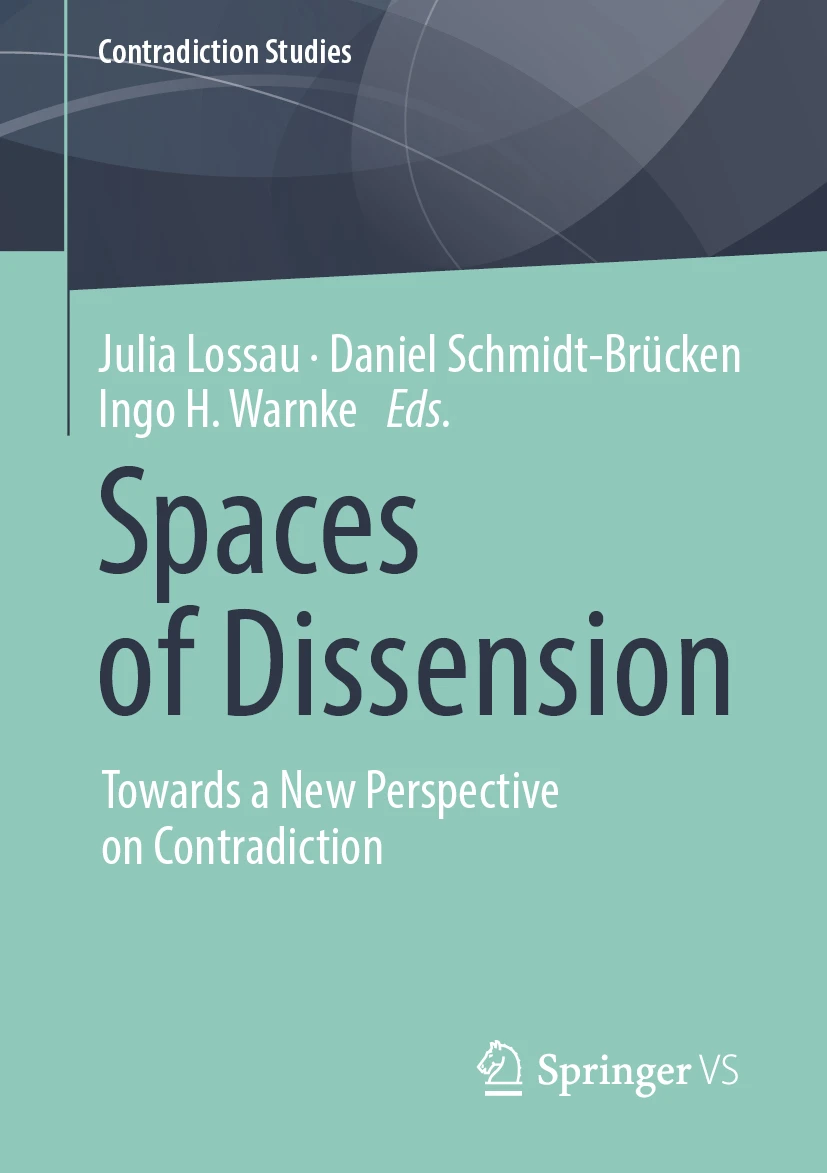
Carving out the paradoxes of underground urban infrastructure, this paper attempts to establish a dialog between infrastructure studies, on the one hand, and Contradiction Studies, on the other hand. It starts from the premise that the technical and political characteristics of infrastructure are only thought of and made visible in case of failure or breakdown. It is thus only through their eventual absence that infrastructures gain a certain presence. This first paradox is both doubled and bedeviled in the case of underground infrastructure which, despite “lying low” in geographical terms, bars itself from being placed “underneath” in symbolic terms. It is argued that it is precisely the uncanniness of underground infrastructure that prevents the latter from being taken for granted and rendered invisible. The theoretical arguments are then illustrated by a discussion of AMFORA, a speculative urban design concept for the city center of Amsterdam. The paper concludes by discussing some of the lessons that can be learned from an exploration of the unhomely for a theorization of contradictions which aims at challenging simplistic conceptualizations of the contradictive.
In Julia Lossau, Daniel Schmidt-Brücken & Ingo H. Warnke (eds.), Spaces of Dissension (Contradiction Studies), 237–255. Wiesbaden: Springer VS.